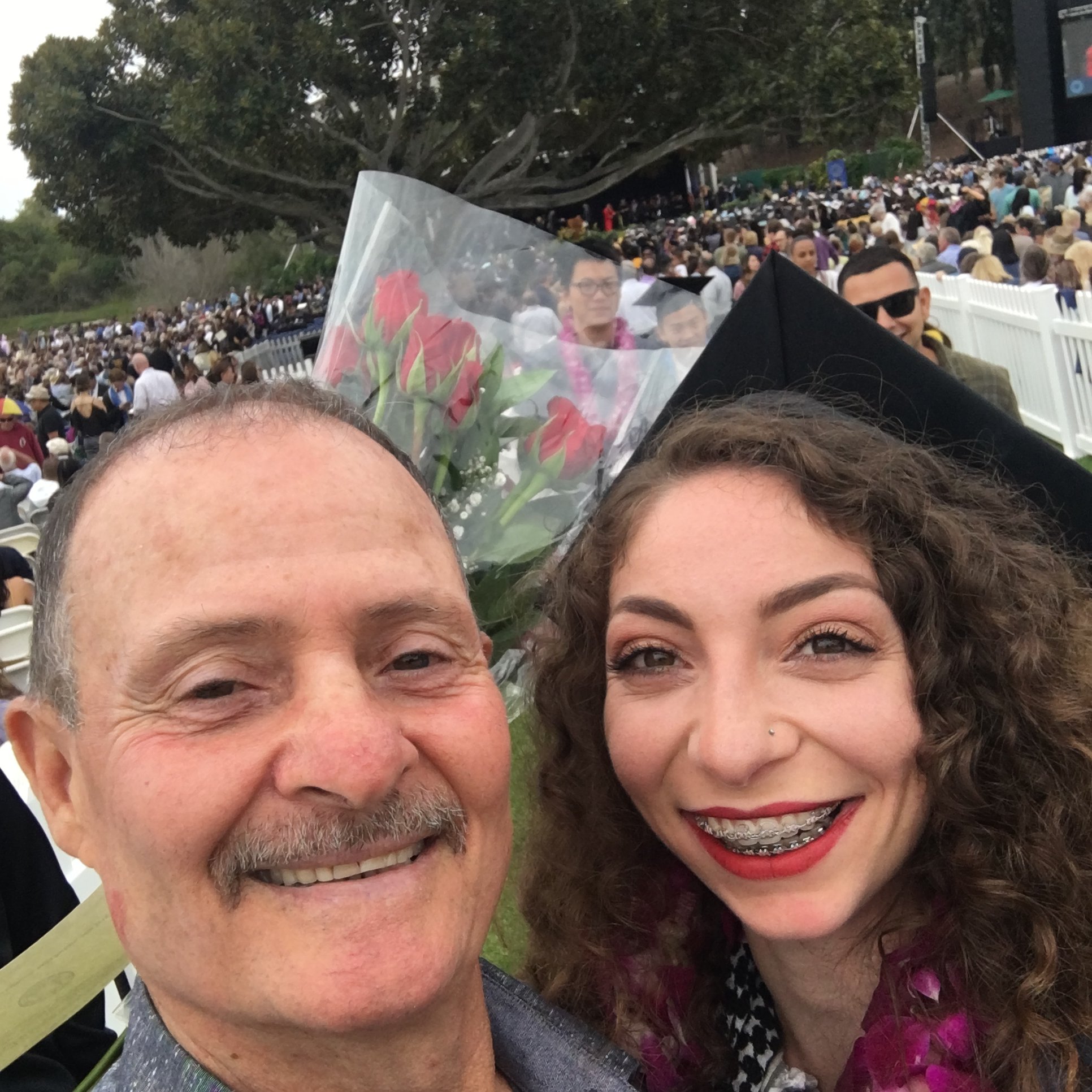Share your UNRWA story: Launch of UNRWA USA’s Storytelling Initiative
In commemoration of the Nakba anniversary in May, UNRWA USA launched its Storytelling Initiative, a new project that aims to collect stories that illustrate the importance of UNRWA and the resilience of Palestine refugees. The initiative aims to share these stories in meaningful and diverse ways in order to show the American public why UNRWA, the United Nations Relief and Works Agency for Palestine Refugees, is so necessary and to mobilize grassroots UNRWA USA advocates into action.
Since the start of this initiative, we have had the privilege of meeting with a number of storytellers and hearing stories of immense resilience and strength. Many have spoken about their family’s Nakba stories and how the displacement of their parents or grandparents from historic Palestine has deeply shaped their personal and professional lives. Others shared their parents’ experiences waiting in long lines at UNRWA facilities for food after the original Nakba. It is difficult not to draw parallels between the past and present situation in Gaza. If anything, these stories – paired with the graphic and chaotic images coming out of Gaza today – illustrate the constant and tireless work of UNRWA since its establishment in 1949.
In one of our first screening interviews, we spoke with Amanee Jeries Izhaq, a Palestinian American poet, producer, and director living in Los Angeles, California. Amanee detailed her family’s story of fleeing to Amman after the Nakba and their reliance on UNRWA assistance until 1971. Hearing her tell her family’s story was moving as she described the hardships they faced and how UNRWA helped them survive and rebuild their lives.
Amanee shared that one of her mother's most profound memories of UNRWA was receiving clothes for school and the dignity and confidence it provided.
Decades later, raising her children in the United States, she found herself benefiting from similar services, such as Kohl’s Cares for Kids, to provide school clothes for her four children. "The cycle repeats and repeats and repeats,” Amanee told us.
Amanee’s mother’s legacy of resilience carried on to her children, too. Amanee has devoted so much of her time and energy into advocacy, especially since October 7th. She proudly shared that she, with a coalition of interfaith and inter-ethnicity community members, successfully advocated for the city of Burbank, California, to pass a resolution demanding an immediate ceasefire in Gaza and the restoration of US funding to UNRWA.
Amanee’s advocacy is a testament to the enduring legacy of UNRWA’s work and the importance of our similar advocacy efforts at UNRWA USA. Her story reminds us that UNRWA is so much more than an aid organization. It is an agency that meets the immediate humanitarian needs of Palestine refugees and also empowers individuals to become leaders, resilient advocates, and changemakers in their communities.
There is immense raw and personal power in storytelling. It brings people of all different backgrounds together and allows a visceral connection beyond just memories and recollections. Our hope is that this storytelling initiative can bring together Americans – some of whom may be learning about UNRWA or even Palestine for the first time – and connect with one another through our collective humanity.
This initiative is not limited to documenting the stories of Palestinian voices or those whose families have received direct assistance from UNRWA. UNRWA USA is seeking stories from a diverse range of people with all sorts of relationships to the movement of support for the UN Agency. It is crucial for us to appeal to the American public in creative ways, and that can take the form of sharing stories from allies, friends, neighbors, and people of all different backgrounds and faiths, whether or not they have been directly impacted by the work of UNRWA.
Today, UNRWA is under attack. It is under physical siege in Gaza, and it faces immense financial uncertainty. On July 16th, UNRWA Commissioner-General Philippe Lazzarini reported that the UNRWA Gaza Field Office, its headquarters in Gaza City, had been “flattened and turned into a battlefield” by Israeli Forces. At the end of June, the US House of Representatives advanced an appropriations bill that includes a provision to extend the suspension of UNRWA funding from March 2025 through September 30, 2025. Our advocacy for UNRWA is the deciding factor in its survival and in providing refugees with their only lifeline. Without our support, Palestine refugees have nowhere else to reliably turn.
In our interview, Amanee reiterated the importance of the UN agency in the simplest of terms: “UNRWA is the only thing in place for us … without UNRWA, I don’t know that we would be here; I don’t know that I would be here. [UNRWA] is essential, and we’re human.” We believe that our storytelling initiative is another way to illustrate the humanity behind all the other work done at UNRWA USA. We are grateful to share Amanee’s story and so much more as we continue to collect and share these important narratives.
We encourage everyone who has personal experiences related to UNRWA, whether it’s family history or support for the UN Agency, to come forward and share your story with us. Your voices are vital in illuminating a full picture of UNRWA’s impact and the ongoing need for its services. With your help, we hope this UNRWA USA initiative will help to shape a world where Palestine refugees thrive.
















